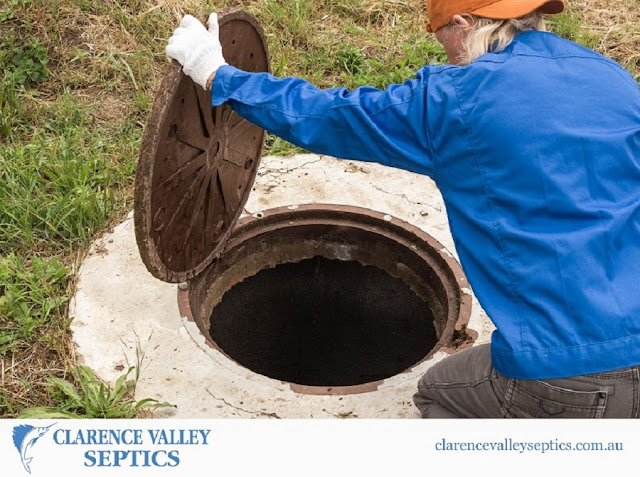Understanding the Impact of Liquid Waste and Proper Disposal

The sustainability of the environment, human health, and ecosystems are all seriously threatened by liquid waste, which is frequently disregarded amidst the myriad of environmental issues. Liquid waste includes a wide range of materials that need to be managed and disposed of with care, from household chemicals to industrial effluents. Here, we will explore the characteristics of liquid waste, their effects, and methods for disposing of it responsibly. What is Liquid Waste? Any waste liquid that has been thrown away and contains impurities, pollutants, or hazardous compounds is referred to as liquid waste. It may come from domestic settings, commercial settings, agricultural operations, and healthcare facilities, among other places. Typical instances of liquid waste are as follows: Industrial Effluents: Manufacturing operations generate industrial effluents, which frequently include poisons, heavy metals, and other dangero...


